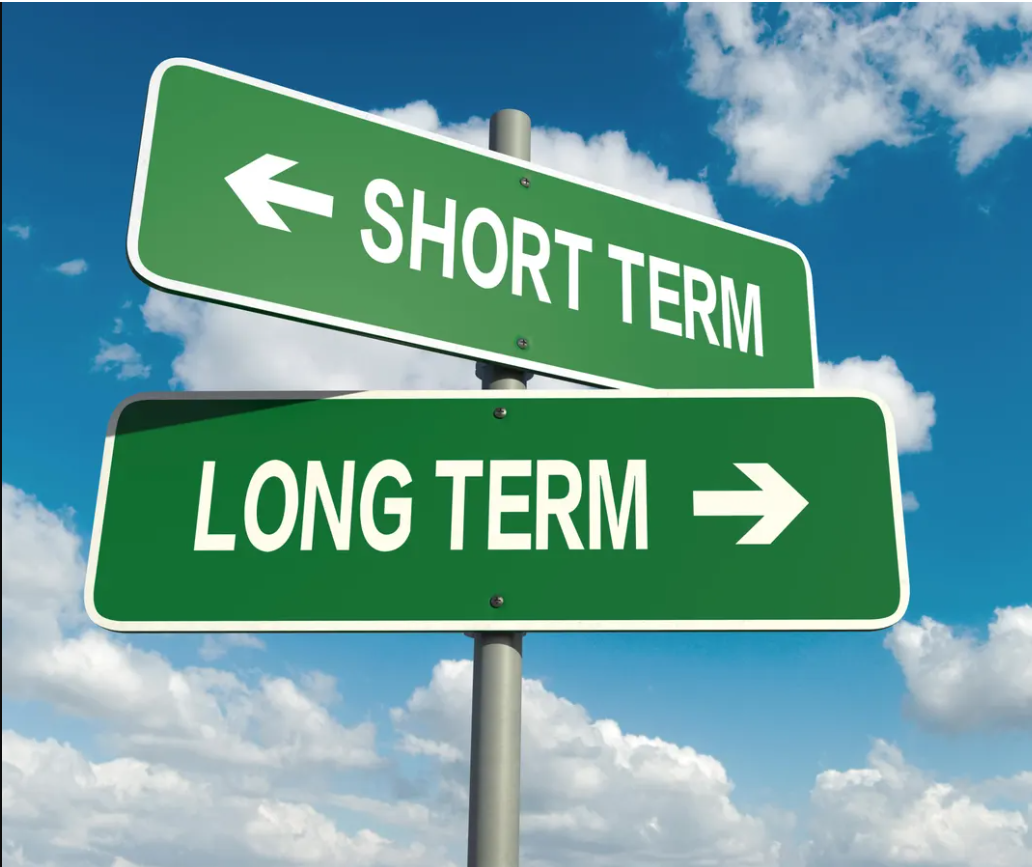Adapted from the March 2024 PREP Newsletter: "So What Does That Mean in Plain English?"
Real estate is known to be a long-term hold investment. What is a long-term hold and are there tradeoffs to holding an investment longer term? Why can't I buy and sell my shares quickly like I do in the stock market?
As with all markets, real estate markets are cyclical. However, the real estate cycle tends to be longer. Imagine that you are looking to move to a new city, and you find one you like, perhaps because of factors such as the legislation, taxes, weather and job opportunities. If others follow, it creates a higher demand in homes and apartments, and rent prices go up. Then, developers catch wind of this, more properties are built, and rents naturally dip, before the same cycle repeats itself. What about the city you just came from? If many people are fed up with the government, taxes, weather, etc., the demand might cause a decrease in rents. We’ve all been there; making the decision to move, searching for and finding the right place, then taking months or years to actually make the move.
Real estate investors look for these trends across tens of thousands of families. When cities are burgeoning, apartment complexes and houses are being built and existing ones are being renovated, while other cities may experience an uptick in apartment vacancies. These cycles can take years, and sometimes even decades, to play out. This phenomenon can take place within real estate investment segments other than apartments, such as retail, office, storage, and warehouses, each of which has its unique multilayer cycle.
This is why investing in real estate is a long-term investment, and why holding the asset over the longer term can maximize the returns. It takes time for market trends to actualize. So, while your stock in GameStop can spike one day and a few days later it can crash, real estate is more about incremental growth. The value does not skyrocket overnight, but neither does it collapse, thankfully.
Written By:
Donny S. Steinberg
Director of Strategy & Innovation



